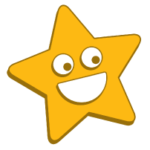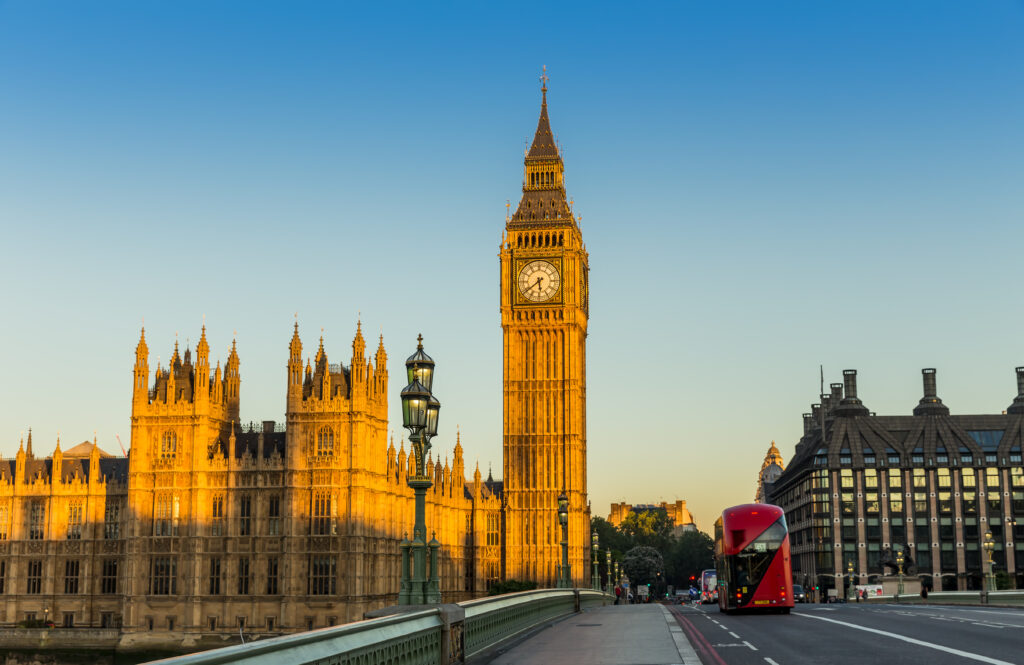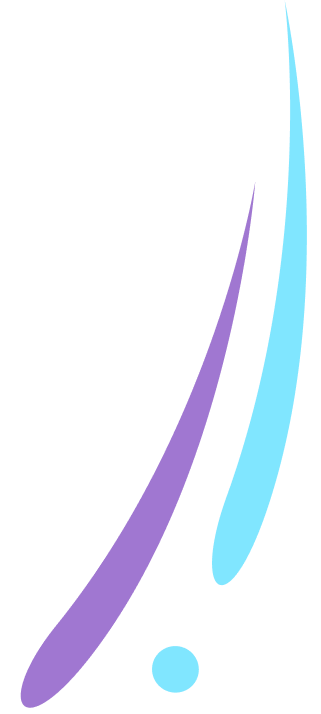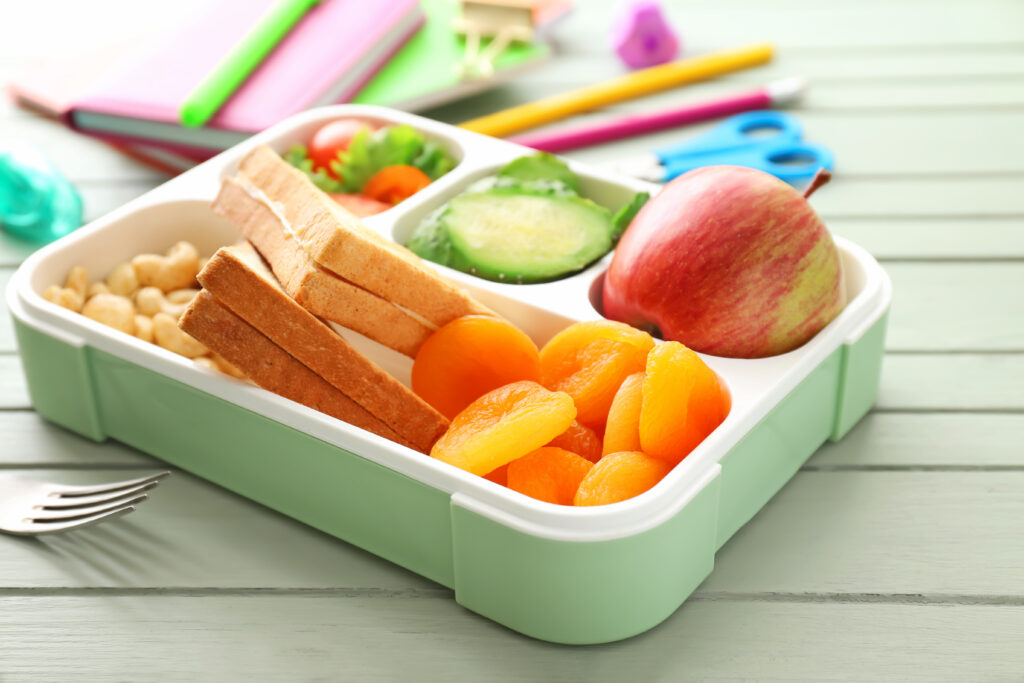

We use nouns every day, but what exactly are they? Let’s find out!

Author
Tom Sanders
Published
October 16, 2023


We use nouns every day, but what exactly are they? Let’s find out!

Author
Tom Sanders
Published
Oct 16, 2023


We use nouns every day, but what exactly are they? Let’s find out!

Author
Tom Sanders
Published
October 16, 2023


Key takeaways
Table of contents
Before we begin looking at nouns, let’s start with a quick game.
Have a look around the room you are in; what sort of things might you see? Find five things: a chair, a table, some pencils, a whiteboard, a window, a poster, your classmates? Guess what? All of these are nouns!
We use nouns every day. They’re everywhere! But what exactly is a noun, I hear you ask? Let’s find out!
The meaning of a noun is a word used for a person, place or thing.
Animals, feelings and ideas are also nouns.
A noun could be something teeny and tiny, like an ant, or something grand and enormous, like Mount Everest.
A noun could be loud, like an aeroplane taking off, or quiet like a mouse (sshhh!).
These are all nouns!
Did you know that there are different types of nouns with different meanings? Let’s find out more about them, starting with proper nouns.
Proper nouns are nouns that are used for names of specific people and places. They must always begin with a capital letter.
Can you spot the proper nouns?
Mr Jones, Vanessa, and Taylor Swift are names of people, so they are proper nouns.
London and Alaska are the names of a place, so these are also proper nouns.
Don’t forget your capital letters!

Unlock unlimited English questions
Put your learning into practice with fun exercises + games that are proven to boost ability!
Want to have a go at some questions? DoodleEnglish is an app that’s filled with interactive exercises covering grammar, punctuation, spelling and comprehension!
Designed to be used for 10 minutes a day, it creates each child a unique work programme tailored to their needs, boosting their confidence and ability in English. Create an account to try it for free today!

Remember when you looked around the room at the start of this article? You probably found a number of items that you could see or touch: we call these common nouns. Common nouns are names of things (and animals).
Let’s make a list of common nouns around the house:
Common nouns can also be things like our favourite foods: ice cream, pizza, chips, apples, broccoli and spinach.
They can even be animals like dogs, cats, bears, tigers, seals, sharks, and snakes.
All these words are common nouns because they are the general names of things and animals. One trick to recognising common nouns is that they do NOT need to to begin with CAPITAL LETTERS.
In the sentence, ‘My pet snake is called Sam,’ the word snake would be a common noun and Sam would be a proper noun, because Sam is a name.
Sam the snake says: ‘Remember your capital letters for names like mine!’

Think about your five physical senses: touch, taste, smell, sound and sight.
We use them every day when having meals at home, listening to teachers at school and playing games with friends.
Concrete nouns represent all nouns that we can physically see, touch, taste, smell and hear with our bodies.
Concrete nouns could be objects like a ball, an umbrella, a sandwich or the sky. Any item that can be touched, heard, seen, smelt or tasted is a concrete noun.
Cookies and milk are concrete nouns. Tasty!

Think about an amazing day you’ve had recently. You may have felt happy, relaxed, joyful or excited.
But could you pick those feelings up and hold them? Could you pour yourself a bowl of happy for breakfast? You can certainly feel happy, but you can’t pick it up or hold it in your hands.
Words that are feelings or ideas are called abstract nouns. These are nouns that we cannot physically touch, taste, smell, hear or see ourselves.
They could also be days of the week or times, such as yesterday and Tuesday.
Can you find the abstract nouns?
Thrill, patience, and confusion are abstract nouns because they represent a feeling or an idea.
What word would you use when you are with more than one person? A group? A team? A class?
When there is more than one noun, a new term is formed. This term is called a collective noun.
Collective nouns can be used for groups of animals, things and people. Let’s look at some examples:
These are all collective nouns. Can you think of any of your own examples?

Nouns can be singular (one) or plural (more than one).
Now that you know what nouns are, we can start thinking about how to describe them in sentences. Expanded noun phrases use adjectives to describe the noun. The formula for an expanded noun phrase looks like this:
Article + adjective (s) + noun = expanded noun phrase
Let’s create expanded noun phrases!
Step one: Pick a noun at random, such as a hat. When we use expanded noun prhases, we add an article before the noun. In this example, the article is ‘a’.
Step two: How can we describe the hat? How about green and spotty?
Step three: Combine the adjectives (‘green’ and ‘spotty’) with the noun (‘hat’) and article (‘a’) to create an expanded noun phrase:
A hat green and spotty…
Hang on! That’s not quite right. Let’s check that again:
A green and spotty hat
Bingo!
A noun is a word used to describe a person, place or thing.
Common nouns are used to describe things, people and places.
They don’t begin with capital letters.
Proper nouns are used to name specific people or places (such as ‘Taylor Swift’ or ‘London’). Proper nouns always start with capital letters.
A concrete noun is something you can touch, taste, hear, smell or see.
An abstract noun is the opposite of a concrete noun – something you can’t touch, taste, hear, smell or see.
Collective nouns are names for more than one noun together.

Nouns are everywhere! We know that nouns represent people, places, things, feelings, animals, and ideas in different ways.
We hope you’ve enjoyed learning about noun meanings and the different types of nouns you will see everyday.
Want to put your learning into practice and sharpen your writing skills? Create a free Doodle account to give DoodleEnglish a try!
Book a chat with our team
If you’d like to use Doodle’s browser version, please visit this page on a desktop.
To log in to Doodle on this device, you can do so through our apps. You can find out how to download them here: